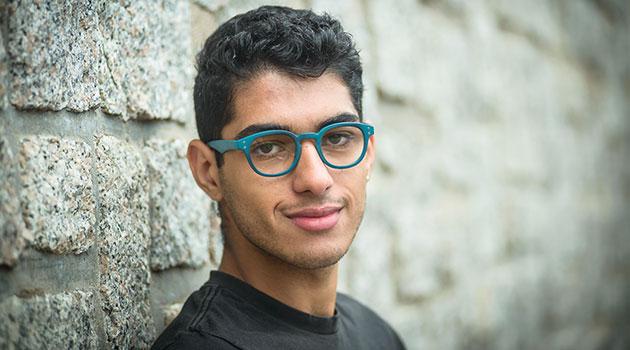Czech survey finds youth are more prejudiced against minorities than their elders

A survey performed by experts from the Institute for the Study of Totalitarian Regimes (ÚSTR) in collaboration with the Institute of Sociology has ascertained that while the subjects of the Holocaust, minorities and tolerance are being taught in the Czech schools, the instruction is having no influence on some widespread prejudices. ÚSTR has long focused on instruction about these sensitive historical subjects in the schools and more than 600 teachers take its courses annually.
The ÚSTR researchers were most interested in the degree to which prejudices appear among young people who began primary school at the end of the 1990s and later. At that time there were projects appearing in the schools aiming to prevent extremism and racism, and lecturers traveled to various schools delivering content about, for example, the Holocaust of the Roma.
Researchers anticipated that these youth would have fewer prejudices against minorities than those who did not experience such programs. Their survey, however, has demonstrated something else entirely.
People from the group aged 15 -29 showed the most antipathy toward Jewish people, with 24 % of those surveyed saying they dislike Jewish people. Among the older respondents lack of sympathy for Jewish people was less frequent, less than 20 %, and among people between the age of 30 and 44 it was even less than 15 %.
As for Romani people, 75 % of respondents surveyed across all age groups said they dislike them, and in the 30 to 44-year-old category, 81 % of respondents reported disliking this minority. “That indicates that people who attended compulsory education in recent years (the oldest ones began attending primary school in the mid-1990s) not only do not have fewer prejudices, but on the contrary, they have more prejudices,” the research states.
“This could indicate that the education programs in favor of tolerance are not effective, but we do not know if without them the situation might not be even worse,” said ÚSTR instructor and researcher Karina Hoření. In her view what has a bad influence on pupils and students is the example of some politicians who either deny the Holocaust of the Roma or make light of it.
Educators must especially know how to respond to the information that children bring to school with them from elsewhere and how to work with it. “Pupils and teachers do not need more instructional materials, but rather programs based on the development of certain competences,” the instructor said.
“What is important is the communication in the classroom and throughout the entire school. If a school does not embody tolerance in its everyday behavior, this instruction does not function,” Hoření said.
As an example of tolerance not functioning in a school despite teachers doing their best in the classroom, she described a specific situation from a high school. A student of Middle Eastern origin brought delicacies for the commission during the final examinations, and the principal responded by saying “I hope there’s not a bomb in there.”
“When you do not behave tolerantly, it is your behavior that your pupils learn from you, not just the content of the curriculum,” Hoření summarized. Education for tolerance, according to the ÚSTR researchers, would be more effective if the money allocated for such purposes supported fewer schools with longer-term programs.
Currently, according to Hoření, support is undertaken in the spirit of holding “as many events for as many children s possible”. The actual meaning of the education is escaping the children, however.
